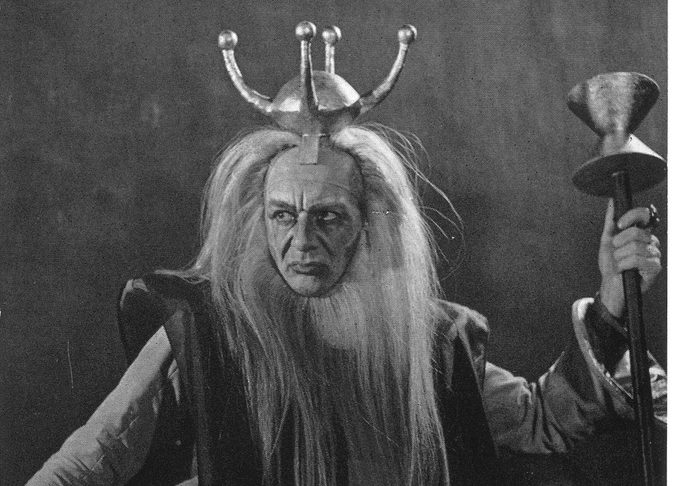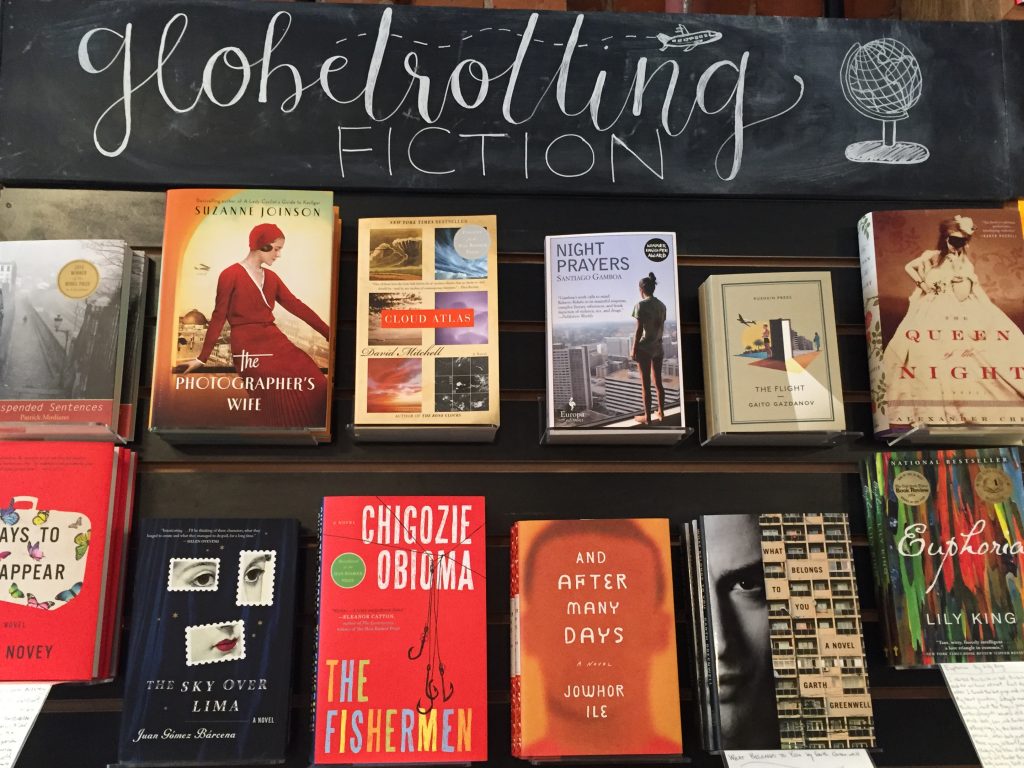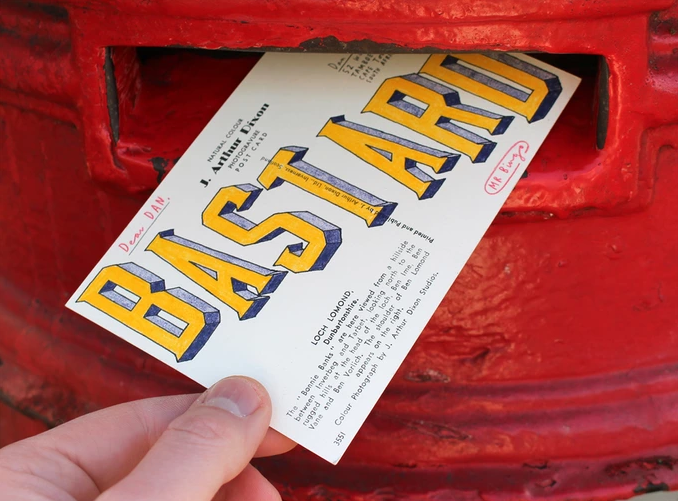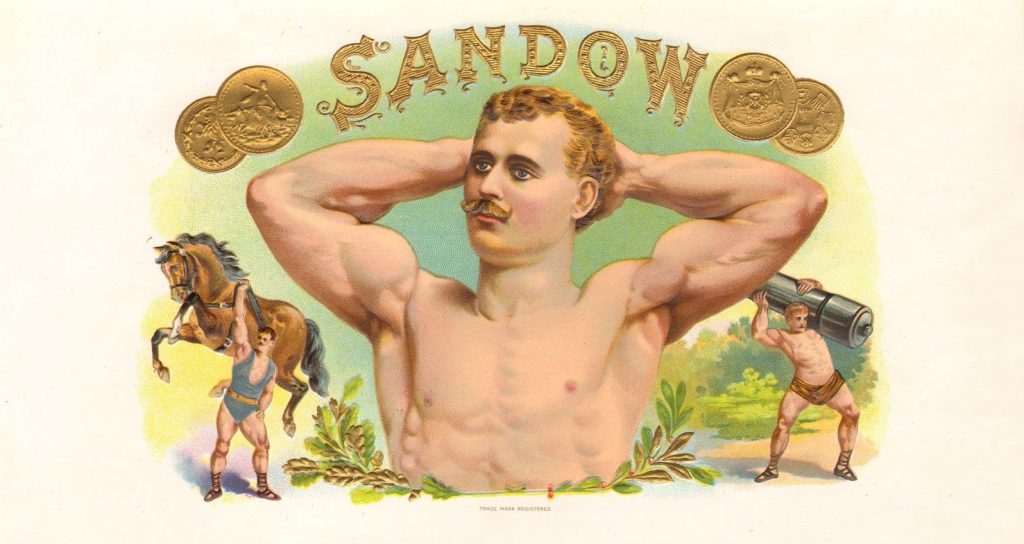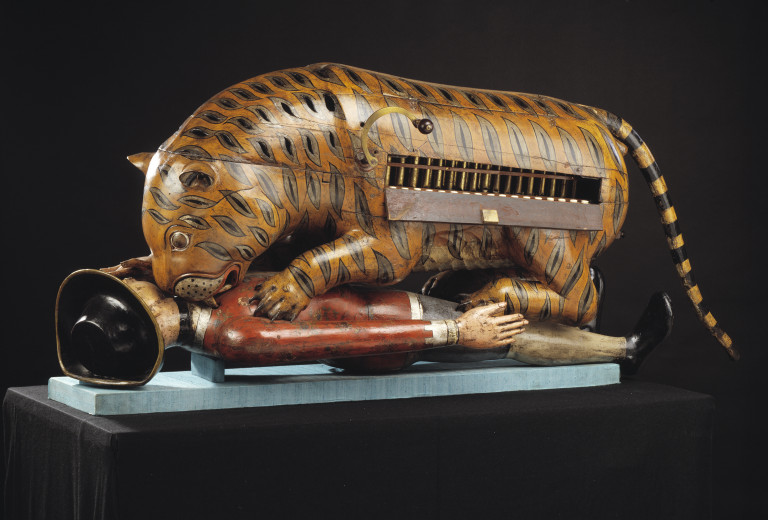King Lear on the Mean Streets of Twitter, and more
Excerpts and curios from around the web:
King Lear on the mean streets of Twitter, a case for simulated reality run by our far-off future ancestors, and some revelations on the burial sites of Cervantes and Aristotle. Plus: Rebecca Schiff on the political inconsistencies between an author and her characters: “If you’re tapping into something emotional—even if you’re really left-wing, like I am—you might wind up finding a conservative streak in you. And, as a fiction writer, if I feel like if that’s an important part of the character, I need to let that out, even if it’s not what I ‘officially’ believe.”
King Lear on the Mean Streets of Twitter, and more Read More »

